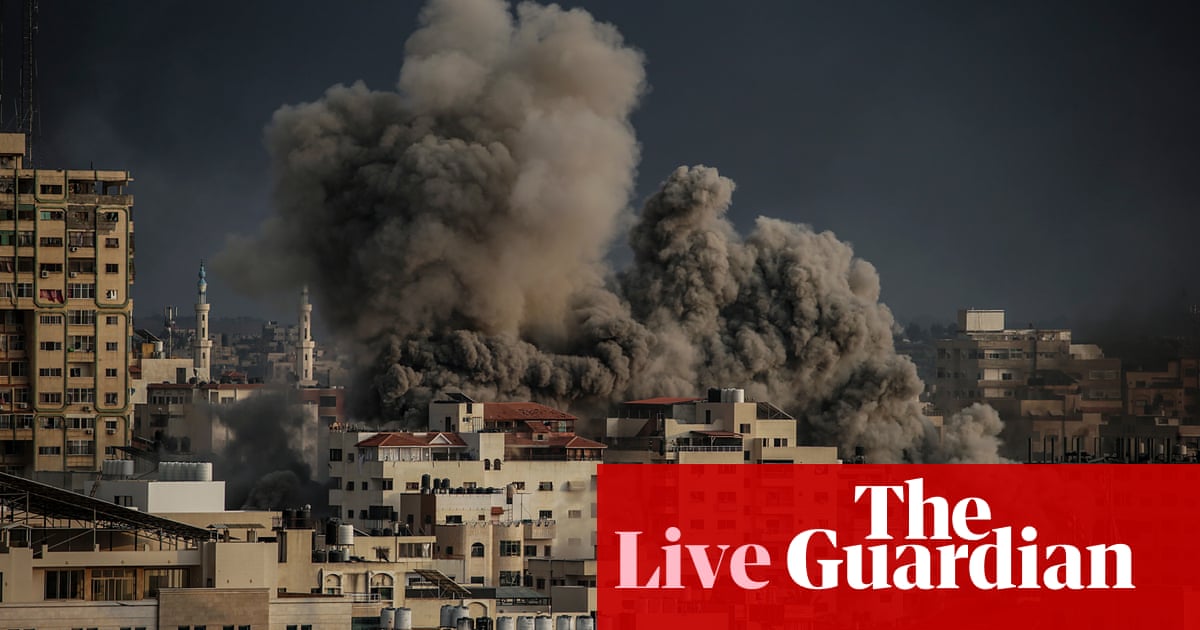
Israel has put Hamas before two choices; either putting an end to burning kites sent to Israel or starting a new round of battles that could include occupying Gaza Strip.
Defense Minister Avigdor Liberman said Tuesday that Israeli army knows what to do and when to do it, adding that it is ready and prepared for any mission. Lieberman made the statement while visiting a military drill for a possible war on the Strip.
"If we have to launch a military campaign, we will be able to defeat any enemy,” he asserted.
"We will determine the rules of the game, and no one else," he said in response to remarks made by Hamas chief of political office Ismail Haniyeh, who said during Saturdays clashes that resistance factions determine the rules of the game.
The drill, which is to last until Thursday, simulates the capturing of Gaza City by Israeli troops. It sees troops from the armored, infantry, engineering and artillery corps train for a variety of scenarios inside enemy territory including handling the local civilian population.
The maneuvers are dubbed “Gates of Steel”, and a senior Southern Command official told Israel Hayom Monday that most likely Israel will not go into war over incendiary kites and balloons.
"We dont want war. The desired situation is one where we dont have to deal with incendiary kites, balloons and drones, but we gauge our response according to the situation on the ground. We will intensify our response gradually until it all stops," he added.
Lieberman’s threats came shortly after he decided to completely close Kerem Shalom crossing, banning fuel imports, and only allowing food and medicine to be sent if each shipment is individually approved.
“In light of the continued terror attempts by the Hamas terrorist organization, Defense Minister Avigdor Lieberman, in consultation with the chief of staff, has decided to close the Kerem Shalom crossing to imports of oil and gas until this Sunday,” statement published by Lieberman’s office said.
“The crossing will continue to transfer food and medicine [shipments] that are individually approved,” it added.
The new restrictions are added to previous ones imposed by Israel last week, when exports of products from Gaza were suspended and most products were barred from entering the Strip. The army said the closure would continue as long as Palestinians continued to fire kites and balloons at Israel.
A truce sponsored by Egypt last Saturday did not discuss incendiary planes, which have threatened the ceasefire agreement.
Israeli Prime Minister Benjamin Netanyahu said he would not allow kites to continue under the cease-fire agreement, and Hamas responded that they were not included in the deal.
Late March, Palestinians began using incendiary kites during the Marches of Return, causing the burning of about 30,000 dunams of Israeli farms in the vicinity of Gaza. Israel tried to stop the kites without any success, and then it announced in the latest round of escalation on Saturday, that the cease-fire in Gaza must include the kites or there won’t be one. Israeli officials agreed at a meeting of the Israeli cabinet to target and stop flaming kites any cost.
In an attempt to spare Gaza a new war, Cairo pressed Hamas and gave it days to end or significantly reduce the phenomenon of burning kites and balloons from the Gaza Strip towards the adjacent Israeli areas.
Meanwhile, Israeli daily Yedioth Ahronoth reported Hamas responded and informed the Egyptian intelligence service that it was actually working to reduce the number of burning balloons sent to Israel, but was unable to end it all at once.
A source in the Gaza Strip told the newspaper that Hamas cannot stop sending the flaming balloons, because this will harm its credibility among the people of the Strip and its supporters in general, and therefore it will do so gradually.
Indeed, the number of flaming kites and balloons launched from Gaza has been reduced over the past three days, following the announcement of a truce between Hamas and Israel.
Egypt’s stance also came in line with that of UN Special Coordinator for the Middle East Peace Process Nickolay Mladenov, who warned Hamas of a devastating war because of the kites.
An Egyptian source familiar with the file of Egyptian relations with Palestine and Israel told Asharq Al-Awsat that Israel is trying to test Cairo by closing Kerem Shalom crossing, despite the heavy economic losses it causes to Tel Aviv. He added that Israel wants Egypt to permanently open Rafah crossing.
The source explained that Cairo understands that "the understandings accompanying the ceasefire and truce in the Gaza Strip between Hamas and Israel, is not strong and may not last long."
Over the coming ten days, Egypt will discuss with Fatah movement to get answers on what Hamas suggested during an earlier session of talks with Egyptian intelligence officials. A tripartite meeting is underway that will include representatives of the Islamic Jihad, Fatah, and Hamas.
“Cairo will provide facilities for Gaza Strip, but without putting pressure on the Egyptian decision in any way,” he added.
Hamas warned of "serious consequences" of Israels recent decisions.
“The Israeli occupation’s closure of the Kerem Shalom crossing and depriving Gaza of the most simple necessities of life is a crime against humanity that will be added to its list of crimes at the expense of the Palestinian people including those living in the Strip,” said Hamas announced in a statement posted on its official website.
These vengeful measures reflect the degree of the oppression and the ugliness of the crime that Gaza is facing, that will have dangerous consequences for which the occupation will bear full responsibility, asserted the statement.
In a similar situation, the Islamic Jihad warned that increasing pressure on Gaza would put the region on the “brink of an explosion”.












